How to Treat Itchy Skin on Dogs: Remedies and Relief
Seeing your furry friend scratch continuously can be distressing. Itchy skin is a common issue among dogs and can stem from various causes, including allergies, parasites, dry skin, or underlying health conditions. Addressing your dog's itchiness promptly not only relieves their discomfort but also prevents further skin damage. Here’s a comprehensive guide on how to treat itchy skin on dogs effectively.
What are the symptoms to identify?
Before diving into treatment options, it's essential to recognize the signs of itchy skin in dogs:
- Excessive scratching, licking, or chewing
- Redness or inflammation
- Hair loss or bald patches
- Scabs or hot spots
- Changes in skin texture (dryness, flakiness)
If your dog exhibits these symptoms, it's crucial to determine the underlying cause to tailor the treatment effectively.
What Causes Itchy Skin in Dogs?

- Allergies: Dog allergies can stem from certain foods, environmental factors (pollen, dust mites), or materials (like certain fabrics or cleaning products).
- Parasites: Fleas, ticks, and mites can irritate your dog's skin, leading to intense itching.
- Dry Skin: Especially prevalent in winter or in dry climates, it leads to flaky, itchy skin.
- Infections: Dog skin infections like bacteria or yeast can cause itching and discomfort.
- Underlying Health Issues: Conditions like hypothyroidism or autoimmune diseases can manifest in skin problems.
Effective Treatments for Itchy Skin
- Consult Your Veterinarian
If your dog is scratching excessively, a visit to the vet is crucial to identify the underlying cause. Your vet may perform tests to rule out allergies, infections, or other health issues.
- Address Allergies
- Change Diet: Switch to a hypoallergenic or limited ingredient diet recommended by your vet.
- Reduce Allergens: Keep your home clean, use hypoallergenic bedding, and avoid potential triggers like certain plants or chemicals.
- Treat Parasites
- Flea Control: Use veterinarian recommended flea treatments and regularly groom your dog.
- Tick Prevention: Use tick preventatives and check your dog regularly after outdoor activities.
- Provide Relief for Dry Skin
- Moisturize: Use dogspecific moisturizers or coconut oil to soothe dry skin.
- Humidify: Increase humidity in your home, especially during dry seasons.
- Manage Infections
- Medicated Shampoos: Use vet prescribed antifungal or antibacterial shampoos.
- Topical Treatments: Apply prescribed creams or ointments directly to affected areas.
- Support Overall Health
- Supplements: Omega3 fatty acids can improve skin health and reduce inflammation.
- Healthy Diet: Ensure your dog's diet is balanced and provides essential nutrients for skin health.
Preventive Measures
- Regular Grooming: Brush your dog regularly to distribute natural oils and check for signs of skin issues.
- Environmental Control: Minimize exposure to allergens and keep your dog's living area clean.
- Prompt Action: Address itching promptly to prevent secondary infections or worsening of skin conditions.
Conclusion
Treating itchy skin in dogs requires patience and a tailored approach based on the underlying cause. By understanding the symptoms and possible triggers, you can work with your veterinarian to find the most effective treatment plan for your furry friend. Remember, addressing itchy skin not only improves your dog's comfort but also enhances their overall wellbeing and quality of life.
Recommended products you can use:
Pawpaya Anti-Itch Shampoo
Bio-Groom Natural Oatmeal Crème Rinse Anti-Itch Dog Conditioners
Andis Steel Comb
Andis Flea Comb





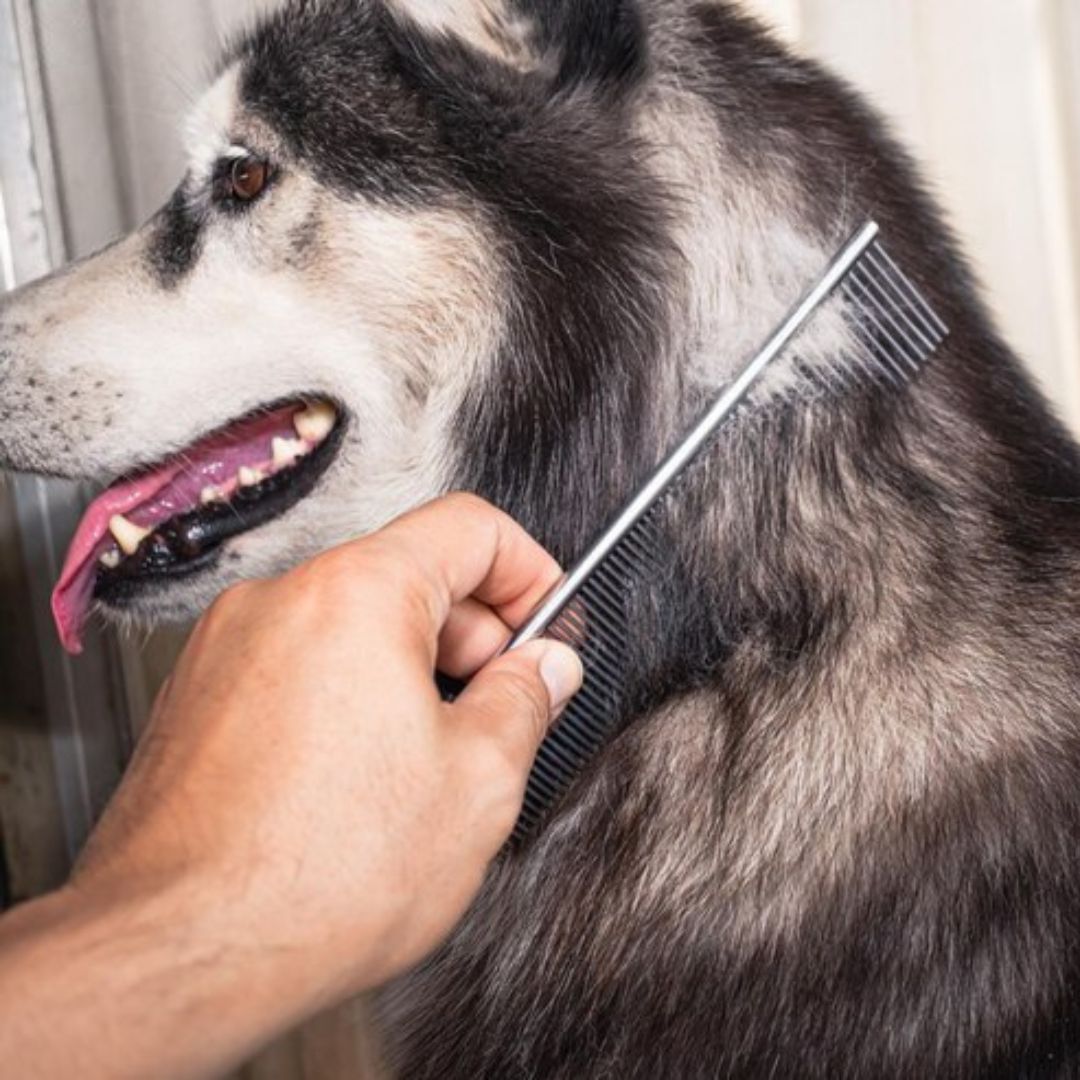
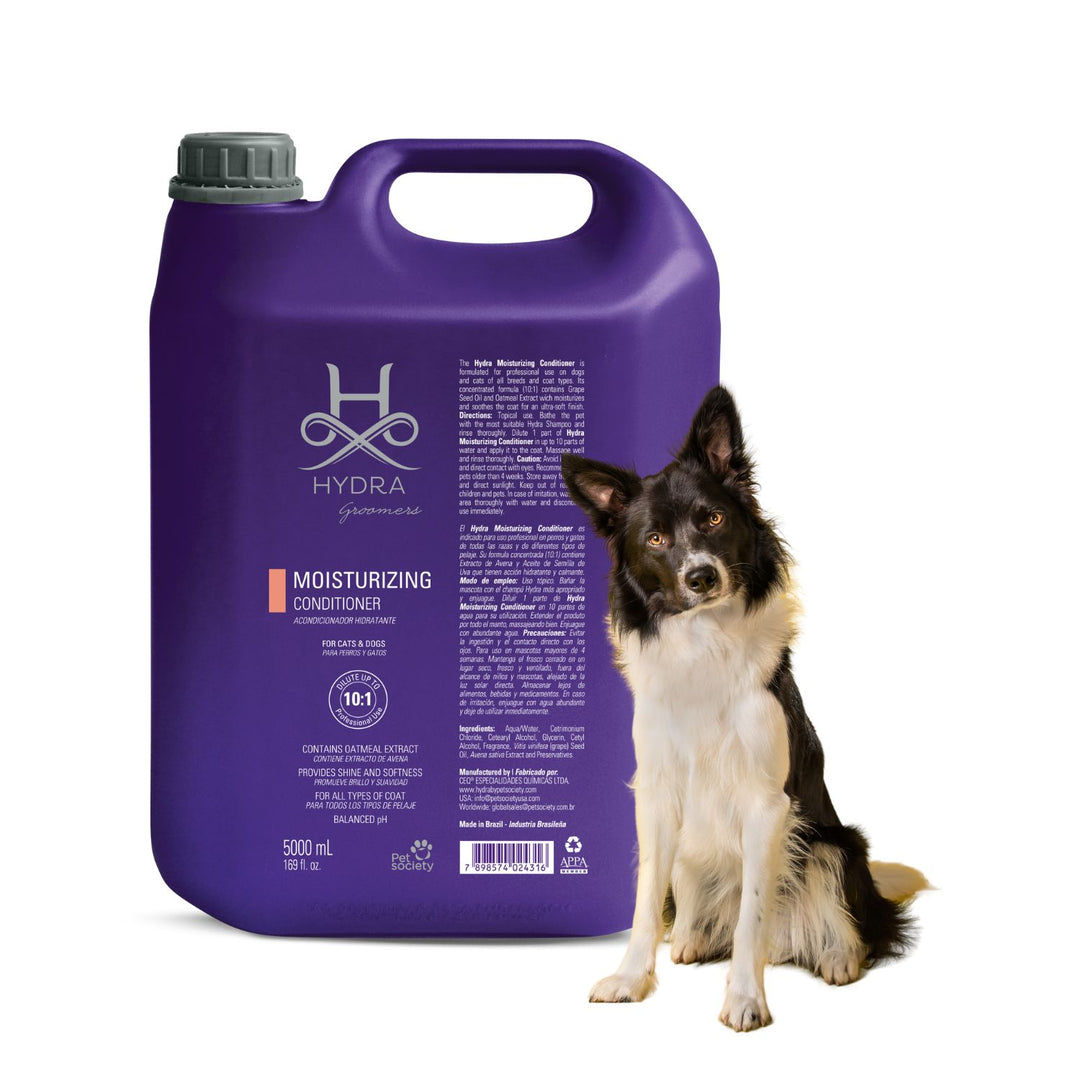
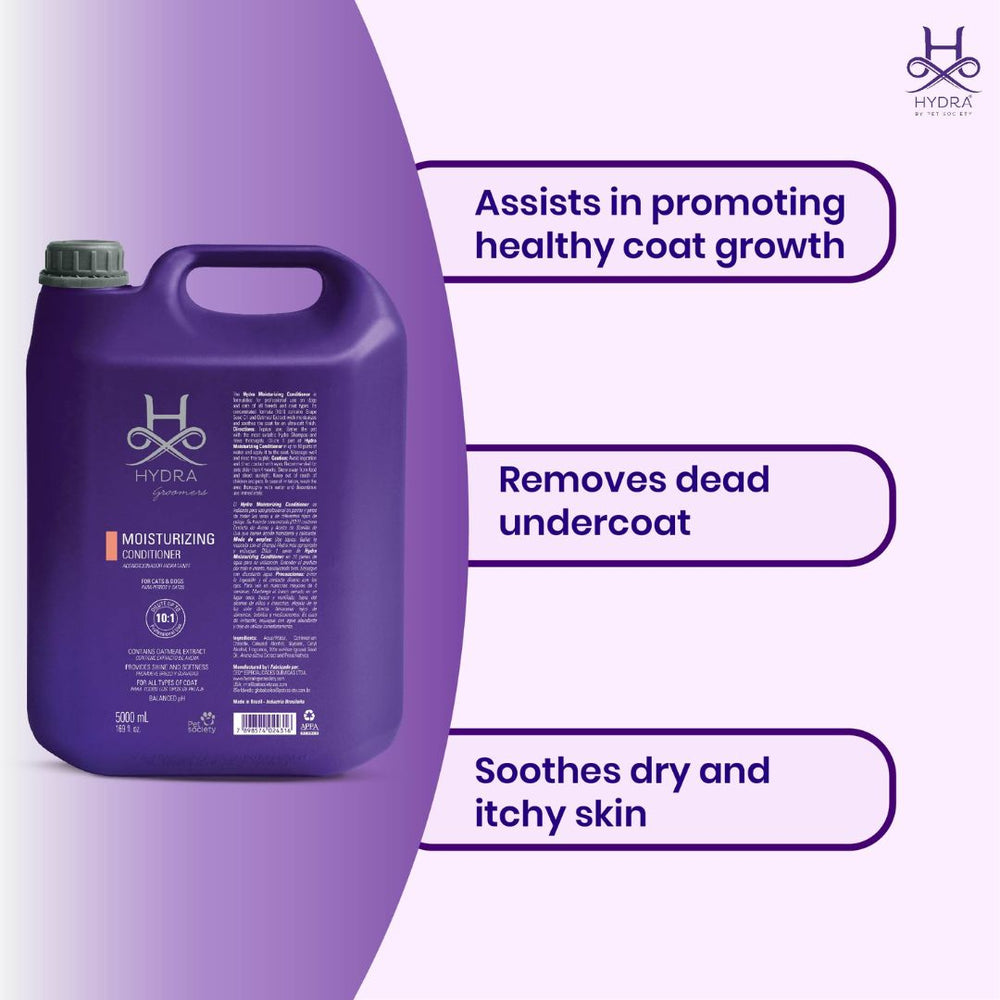
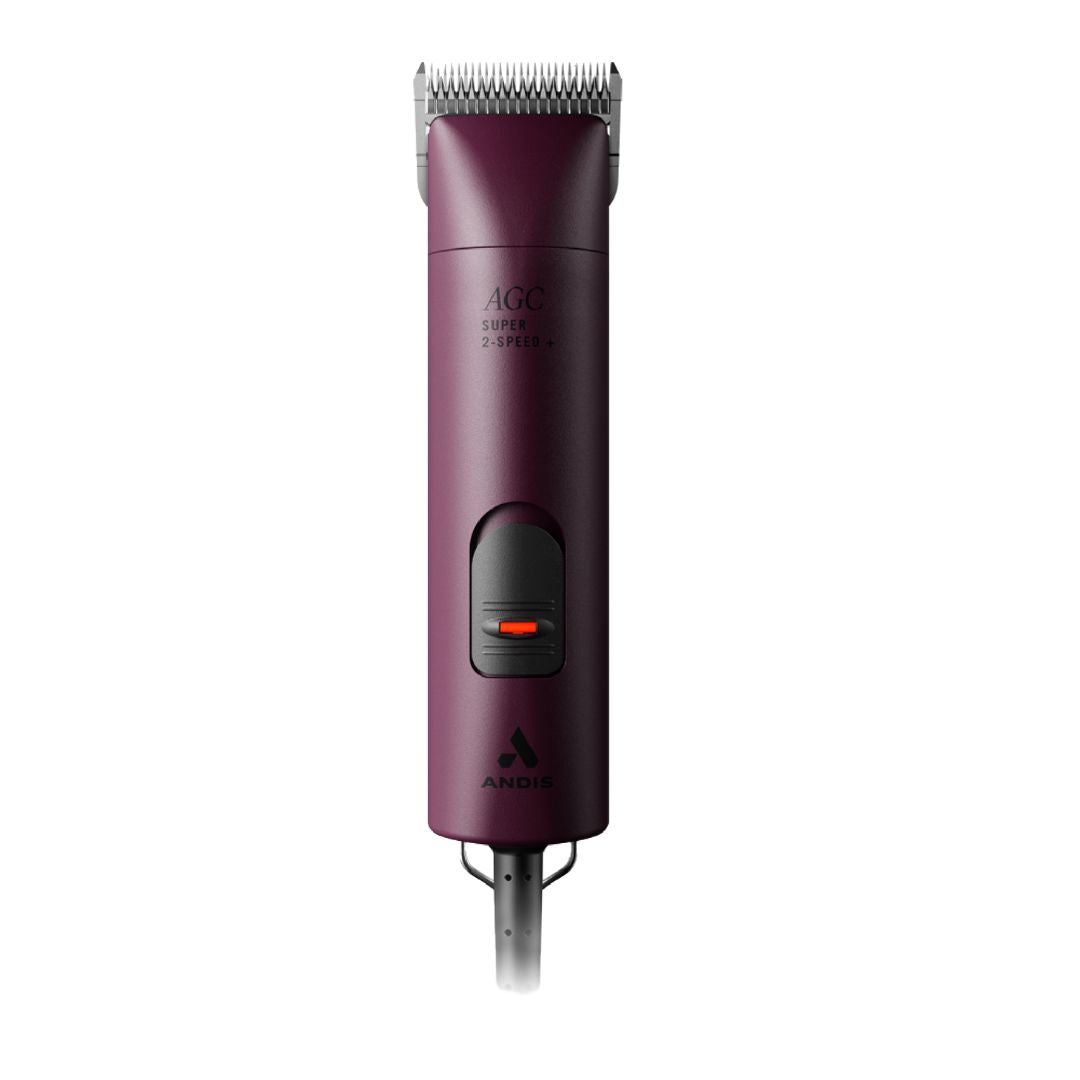

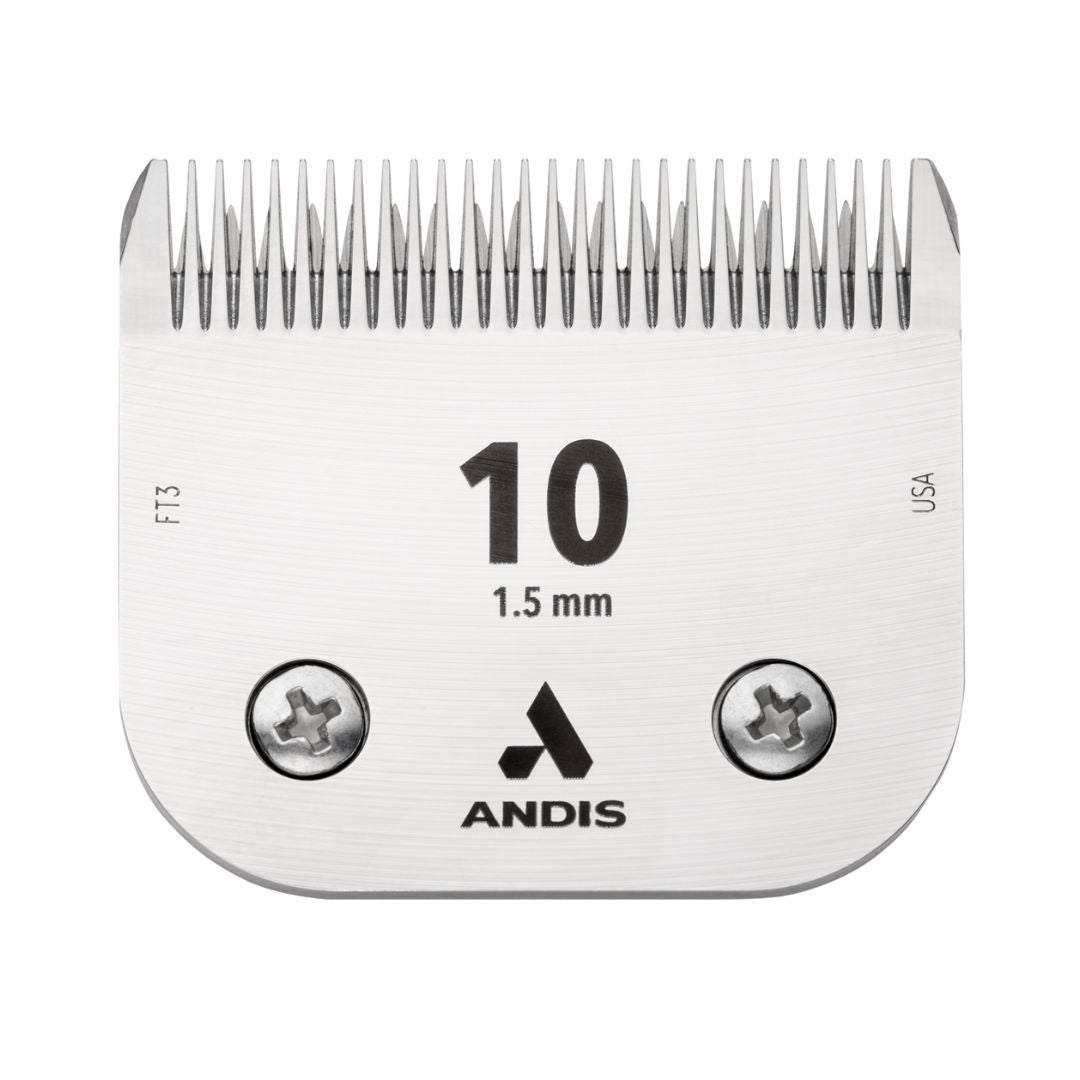



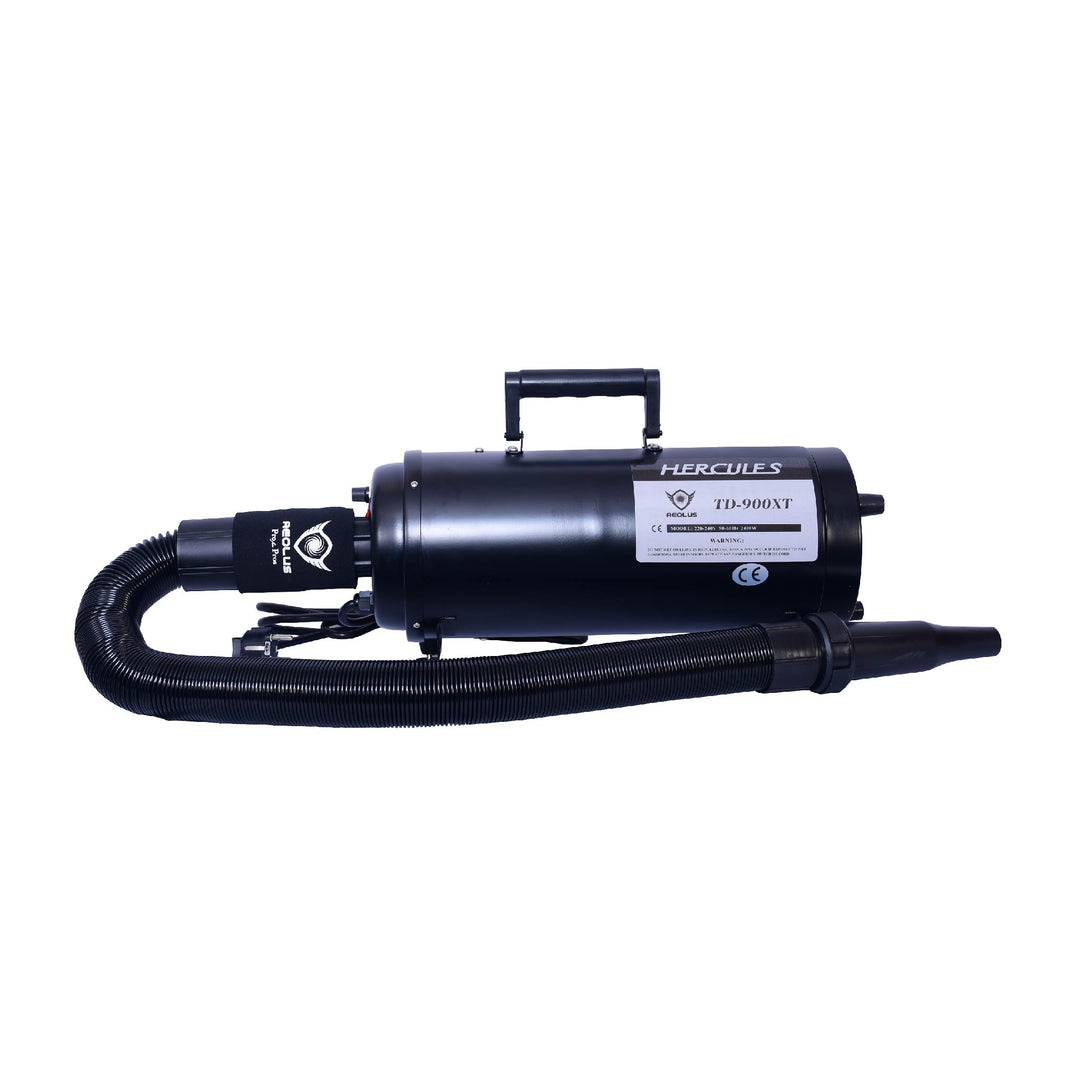



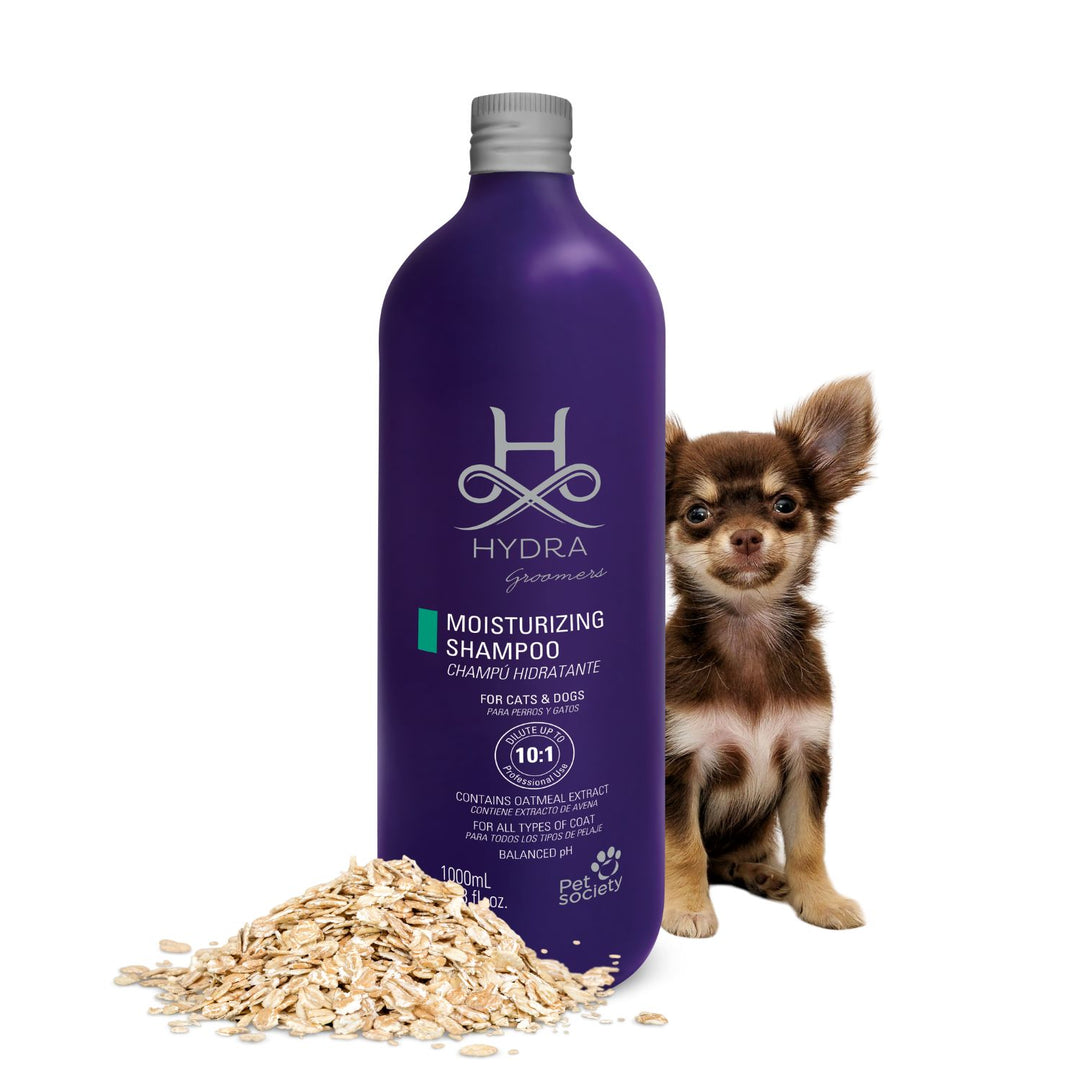



Leave a comment
Please note, comments must be approved before they are published
This site is protected by hCaptcha and the hCaptcha Privacy Policy and Terms of Service apply.